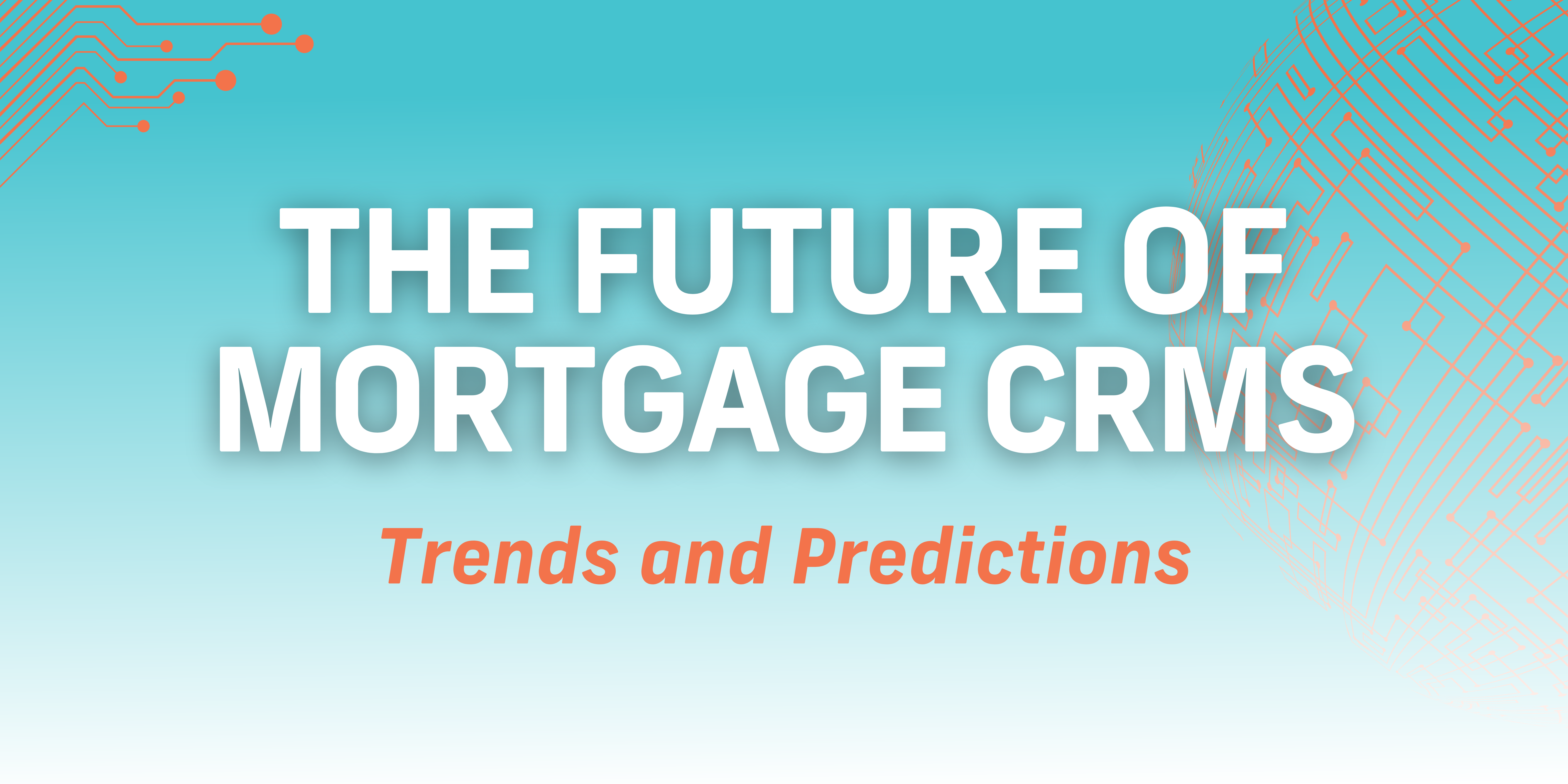The Future of Mortgage CRMs
Trends and Predictions
The mortgage industry is in a constant state of flux, spurred on by rapidly shifting consumer behavior, emerging technologies, and regulatory changes. These changes have been a driving force behind the evolution of mortgage customer relationship management (CRM) systems. Advances in artificial intelligence, machine learning, and integrations with other technology platforms have transformed mortgage CRMs from simple contact management systems to full-blown automation engines that offer lenders deeper insights into borrower behavior and help them deliver exceptional customer experiences. Let’s take a closer look at the latest trends and advancements in mortgage CRMs and their impact on lenders.
Artificial Intelligence and Machine Learning
One of the most significant advancements in mortgage CRMs is the integration of artificial intelligence (AI) and machine learning algorithms. These technologies enable CRMs to automate a wide range of tasks, from sending automated emails to managing workflows and lead nurturing. For instance, a CRM can automatically prioritize loan applications based on borrower credit scores, income, and other relevant criteria, which can streamline loan processing times.
Machine learning algorithms can also help lenders improve their marketing and sales efforts by providing them with a deeper understanding of borrower behavior. By analyzing vast amounts of data, such as customer demographics, browsing habits, and social media interactions, lenders can create targeted marketing campaigns that resonate with borrowers and drive higher conversion rates.
Integrations with Other Platforms
Another area of significant advancement within the CRM industry is the integration of multiple platforms into a single system. For mortgage lenders, this means that they can integrate essential platforms such as loan origination systems (LOS), point-of-sale platforms, and lead generation tools into a single CRM system.
This integration has many advantages, including a reduction in data entry errors, increased efficiency, and real-time data sharing. For example, an LOS can be integrated into a CRM system, providing lenders with a single platform for all loan processing tasks. This integration can help lenders reduce loan processing times, smooth out the workflow, and improve the overall borrower experience.
Personalized Customer Experiences
Mortgage CRMs have evolved to offer lenders deeper insights into borrower behavior, enabling them to provide personalized customer experiences. For instance, a CRM with AI algorithms can analyze a borrower’s preferences and previous interactions with the lender to create highly-targeted marketing messages that resonate with borrowers.
Personalization is a crucial aspect of any marketing or sales strategy. By creating messages that are tailored to individual preferences, pain points, and interests, lenders can craft value propositions that resonate with borrowers on a more personal level. This personalization can help lenders build stronger relationships with borrowers and increase overall customer retention.
Data Security
Data security is always vital in industries where sensitive data is exchanged regularly. However, with increasingly robust data protection requirements set forth in laws like GDPR and CCPA, mortgage lenders need to ensure they have the highest level of security measures in place to maintain data confidentiality, privacy and security.
Fortunately, mortgage CRMs have evolved to provide enhanced privacy and protection features, including encrypted data transmission, secure storage, and data access controls. By implementing such security measures, lenders can build trust and confidence with borrowers, which can contribute to stronger relationships.
The Future of Mortgage CRMs is Bright!
The future of mortgage CRMs is bright, with advanced technologies like AI, machine learning, and automated integrations providing lenders with a deeper understanding of borrower behavior. Mortgage CRMs are evolving from simple contact management systems to full-blown automation engines that enable lenders to offer personalized customer experiences, increase efficiency, and improve data security. As these technologies continue to evolve, mortgage lenders must stay up to date with these changes to remain competitive and relevant in the modern mortgage industry.




